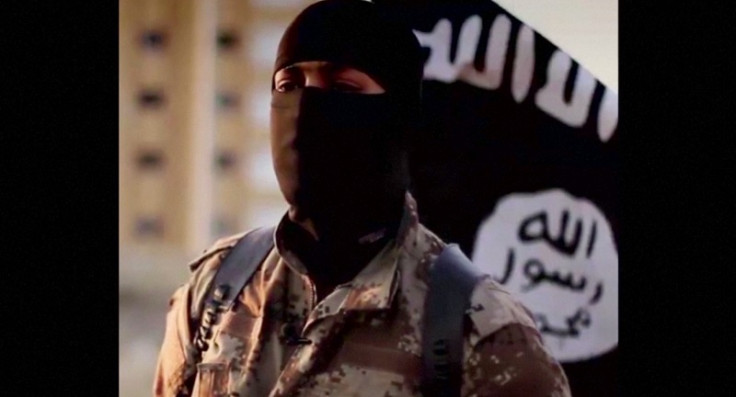Report: Hundreds of Kosovans join Isis forces in Iraq, Syria

A new report has found that over 200 Kosovan citizens have joined militant groups in Iraq and Syria.
The European country ranks eighth overall among 22 Western European states that have seen their citizens leave to join groups like Islamic State (Isis).
According to the report, which was published by the Kosovar Center for Security Studies (KCSS) on Tuesday 14 April, at least 232 citizens from Kosovo had left the country by mid-January 2015.
The first Kosovar killed fighting in Syria was named as Naman Demolli from Pristina, whose death was announced in a video uploaded to YouTube in November 2012.
Demolli's death "raised some eyebrows," according to the report, "as it became clear that he was not the only foreign fighter from Kosovo to have been drawn into Middle Eastern conflicts".
European fighters
Around 20,000 foreign fighters are thought to have joined the various militant organisations fighting in Syria and Iraq.
Some 4,000 of these come from Western Europe, according to the report, which adds that as these are data estimates from the second half of 2014, the number has continued to grow.
Russia is ranked first on the list with 1,500 confirmed cases, followed by France with 1,200 confirmed cases, and Germany, the UK, and Turkey with 600 confirmed cases each.
When looking at these figures on a per capita basis, Kosovo has 125 foreign fighters for every 1 million citizens, making it the highest ranking country among the 22 listed countries.
It is followed by Bosnia with 85, Belgium with 42, and Albania with 30 foreign fighters per million citizens.
De-radicalisation praised
The recommendations in the report urged that Kosova takes stronger steps to combat against ideological vulnerability and the poor socio-economic conditions that have encouraged it.
It also called for efforts to de-radicalise those who have embraced IS ideology, using a multi-faceted rehabilitation and reintegration programme that tailored its approach to each individual case.
The authors of the report also placed a strong emphasis on education and critical thinking as a tool to fight radicalisation among the young.
"This will enable the young people, even those who decide to practice a particular religion, to think more critically, and have a more investigative approach when facing violent extremist groups who, until now have easily manipulated the young people who take the religion as a dogma," they wrote.
© Copyright IBTimes 2024. All rights reserved.





